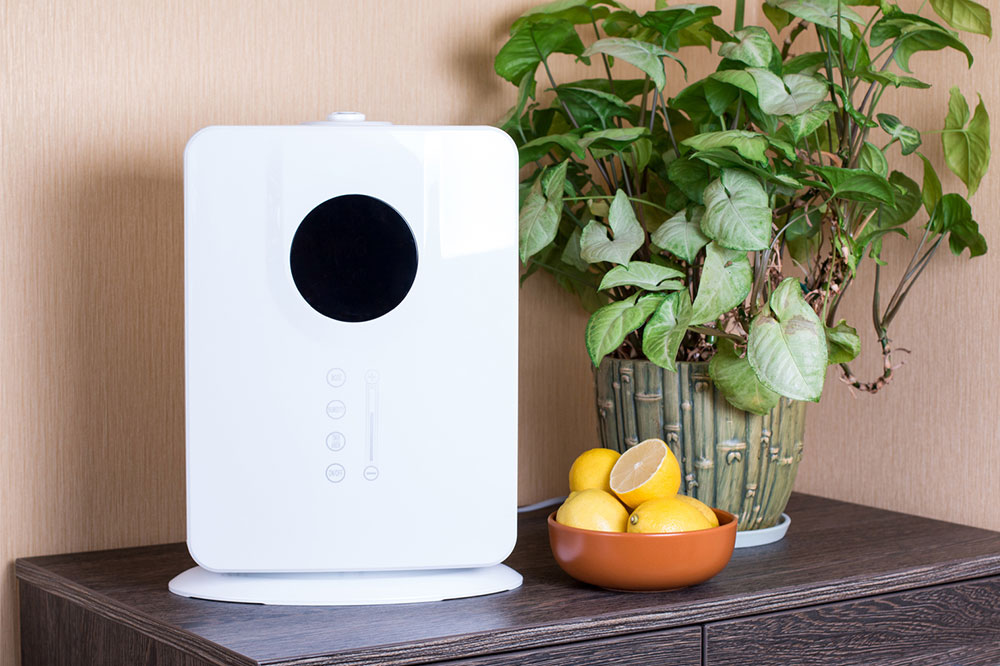4 best air purifiers in the market right now

Air purifiers are intelligent devices that rid the air around us of pollen, dander, mold, and other chemicals that can cause various respiratory illnesses. They filter out these tiny particles and provide us with cleaner air and, thus, a better quality of life. However, you must select only those products that are equipped with an efficient filtration system. Here are the best air purifiers currently in the market that you can consider.
Blueair Blue Pure 411
If you’re looking for something that fits well in your modest-sized room and matches your décor, this might be just what you want. The Blue Pure 411 air purifier comes with three filtration systems – mechanical, electrostatic, and an activated carbon filter that reduces odor. These work in harmony to provide smoke, odor, dander, and pollen-free air. But that’s not all; Blueair claims that their three-tier filtration system can clean an area of 160 sq. ft., five times an hour! However, the model has a few drawbacks. It doesn’t sport a display and a timer to turn it on or off automatically.
Coway AP-1512HH
If you want an effective and eco-friendly air purifier, take a look at this one. The Coway AP-1512HH is equipped with a four-filter system, including a pre-filter, deodorization filter, HEPA filter, and, lastly, a vital ion filter. It claims to eliminate 99.7% of contaminants and organic compounds in the air. In addition, the LED display tells you the real-time air quality during the cleaning process. The device also comes with an intelligent technology that automatically turns off the fan if it doesn’t detect any contaminant for 30 minutes, thus saving energy.
Honeywell True HEPA Allergen Remover Air Purifier
This air purifier from Honeywell is designed for medium-sized rooms and comes in four different options. It can filter the air as frequently as five times an hour. The device might look similar to a space heater, but it claims to filter the particulate matter as tiny as 0.3 microns and deliver 99.97% better quality air. What’s more, the display panel comes with valuable controls that let you select the cleaning quality. It also tells you when it’s time to change the filter.
Levoit Core 400S
Levoit is one of the most trusted brands in the country that provide dependable and affordable air purifiers. The Core 400S can automatically sense the air quality in rooms around 400 sq. ft. and adjust its fan speed accordingly. Pair it up with Levoit’s app, and you get remote access to control the device at your convenience. The display panel shows you the real-time number of airborne particles around you. All in all, the device packs features you expect from a high-end product at an affordable rate.


